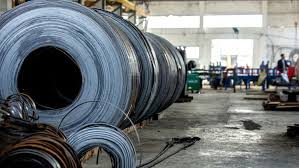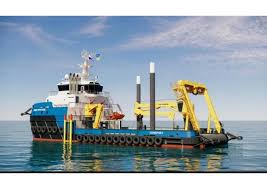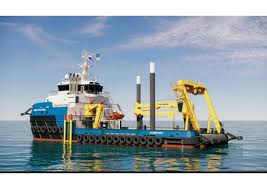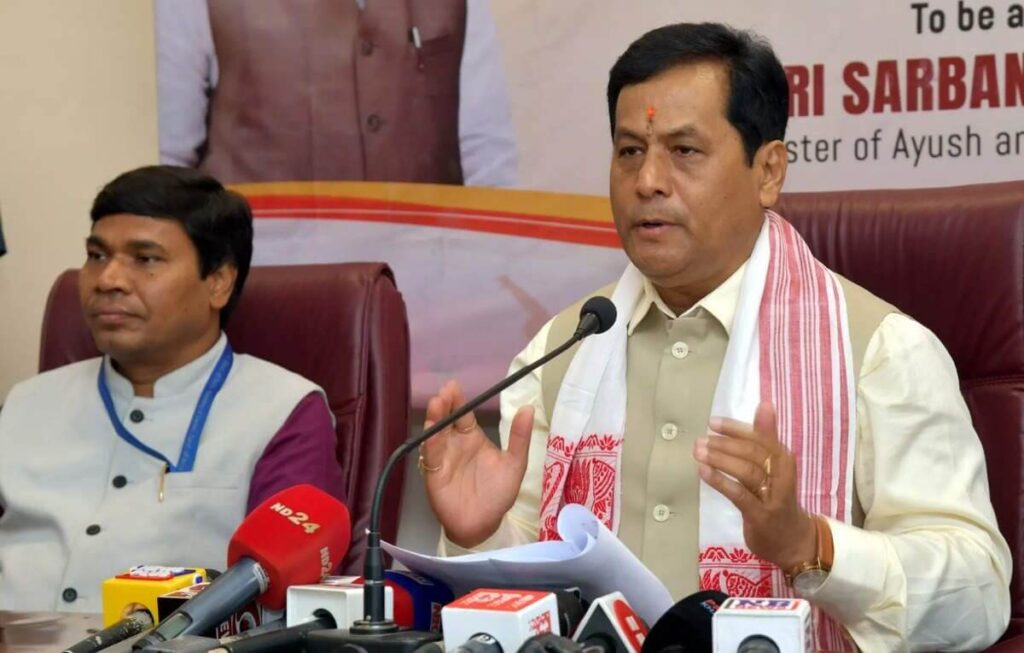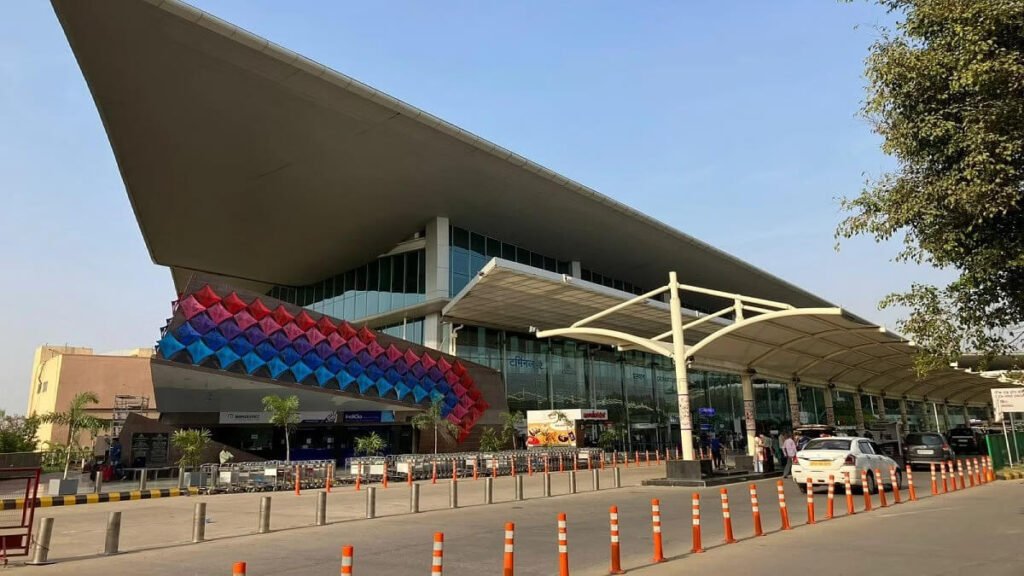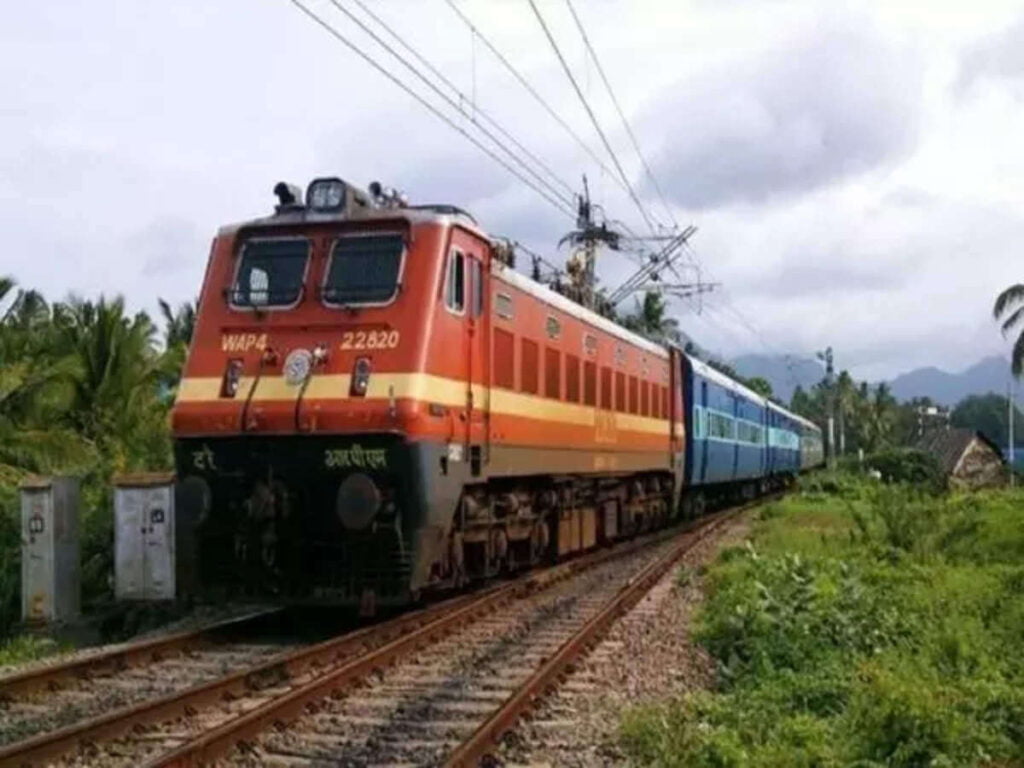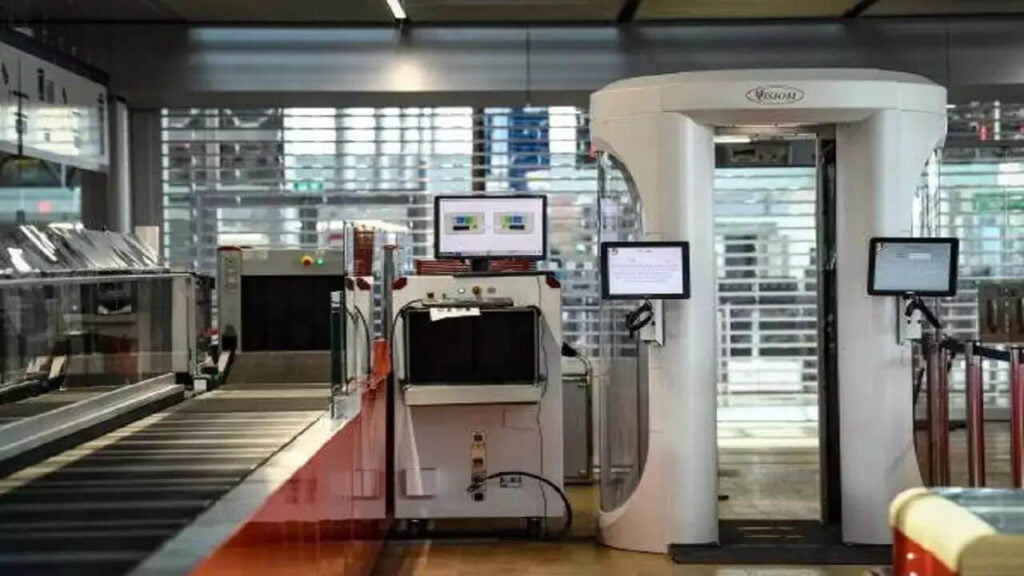Tata Steel and TuTr signed a Memorandum of Agreement, or MoA, in IIT Madras for the development of Hyperloop Transportation Technology. The phase-I work is expected to start soon and will be tested on a 50m track in the IIT Madras campus, while phase-II and II work of achieving a 10km track would be having a consortium of partners from various industries, including Automotive, Engineering, and Construction sectors.
Hyperloop refers to a proposed mode of high-speed, low cost, sustainable transport system for both passengers and cargo. It came into the limelight after Elon Musk used it to describe the vactrain concept. It involved autonomous, levitated pods travelling through a network of evacuated tubes. If achieved, not only does it assures 10x more energy- efficiency than road transport and aviation but also 2-3x less space and a much shorter travel duration.
“We encourage and foster homegrown technologies and are committed to driving them towards commercial success. Globally, Hyperloop holds huge potential for high-speed sustainable transportation of tomorrow. We believe that this disruptive mobility technology can achieve its stated objective through the concerted efforts of TuTr Hyperloop and Tata Steel, leveraging their core capabilities. As a materials company committed to sustainable business, we will contribute to finding solutions to critical challenges in the Hyperloop journey by leveraging our R&D capabilities and the Tata ecosystem,” said Dr. Debashish Bhattacharjee, Vice President, Technology & New Materials Business, Tata Steel.
When interviewed about this intriguing venture, R Balaji, Co-founder & CEO, TuTr Hyperloop said, “We are delighted to be working with Tata Steel on this breakthrough project. We are currently developing and testing various options to make the Hyperloop technology solution a global benchmark in terms of cost and efficiency. To meet this objective, we need to leverage the capabilities of global leaders like Tata Steel. Partnership with Tata Steel will enable us to solve materials and design related challenges and drive Hyperloop to become a reality.”
It would be quite interesting to see the synergistic efforts of a company like TATA, having profound experience in the design and development of steel and composite material, and a deep-tech startup incubated out of IIT Madras, TuTr, with expertise in pod and propulsion system design.

